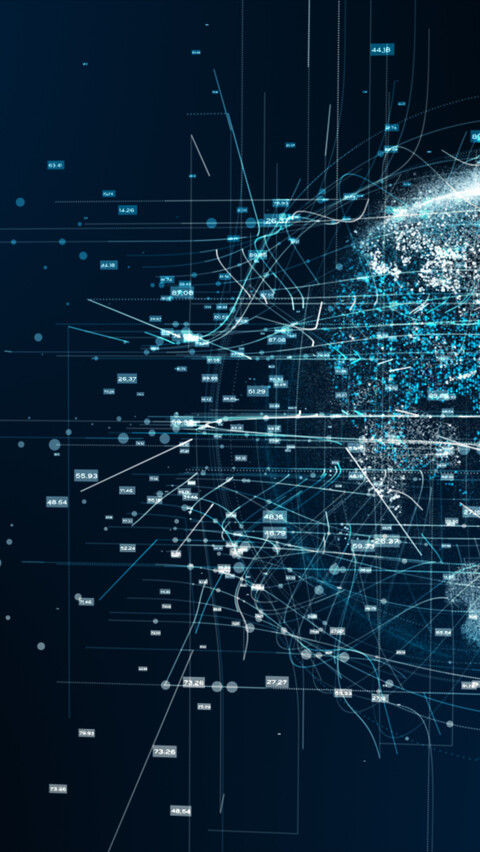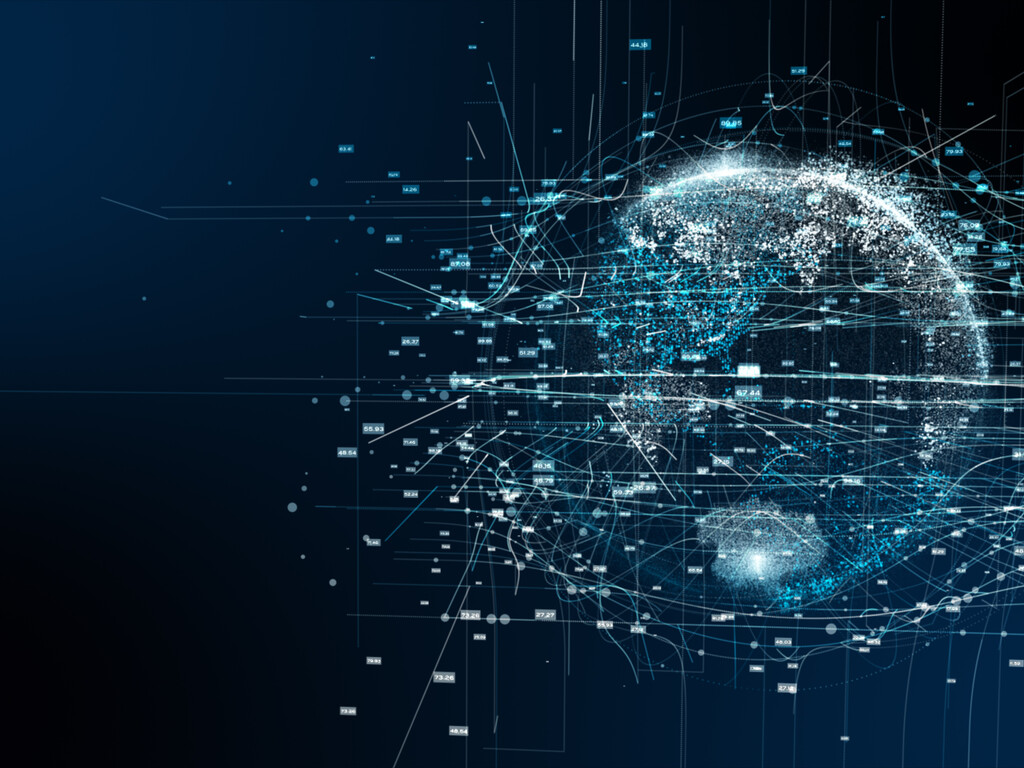

Future of Skills in the Age of AI
Adapting for Tomorrow’s Workforce
According to the World Economic Forum’s Future of Jobs Report 2025, technological advancements are projected to create 170 million new jobs while displacing 92 million by 2030, resulting in a promising net gain of 78 million positions. While 41% of companies foresee workforce transformations driven by AI, this shift presents a powerful opportunity to upskill workers and align education systems with the evolving demands of the future. The rise of generative AI is accelerating this shift, transforming how people learn, work and create value.
Overview
11:30-13:30 Networking lunch with VIP tour of Swiss Pavilion
13:30-14:45 Session 1
14:45-15:00 Coffee break and refreshments
15:00-16:15 Session 2
16:15-16:25 Closing remarks
Session 1: Jobs of Tomorrow – Augmentation, Education, and Productivity in the AI Era
This session brings together leaders to explore how emerging technologies can support – not replace – human capabilities. The conversation will examine how generative AI is already transforming industries such as manufacturing, pharmaceuticals and finance, offering opportunities to increase productivity and unlock new types of work. As technological change accelerates, the discussion will also consider how education systems and workplace learning models must evolve in parallel. In doing so, it will explore the skills and mindsets needed in the Intelligent Age, and how public-private collaboration can help enable inclusive and future-ready workforce transitions.
The session will identify actionable strategies, focusing on guiding innovation to empower people and ensure technology complements human potential and contributes to shared prosperity.
Session 2: “Takumi” in the Intelligent Age – Craftsmanship in an AI-Driven World
This invitation-only session brings together leaders from Japan and beyond to explore how traditional craftsmanship can evolve in the age of artificial intelligence. Rooted in cultural values such as precision, creativity and excellence, craftsmanship – known as Takumi in Japanese – has long served as a foundation of national identity and economic strength in both Japan and Switzerland. As AI and digital technologies reshape industries, the relevance of such human-centred skills is being redefined.
This session will explore how innovation can complement and enhance the values embodied in craftsmanship, rather than replacing time-honoured traditions with technology. It will examine how AI can support, preserve, or even elevate traditional expertise, and identify the skills and mindsets needed for the next generation of makers, designers and creators.
At a time when digital transformation is accelerating across all sectors, this discussion is especially timely. Through moderated conversation and participant input, the session will highlight opportunities for cross-sector collaboration, policy innovation and cultural preservation. Leaders across sectors will contribute examples and perspectives on merging new technologies with cultural heritage.
The session also aims to contribute to a broader conversation on how to build a human-centered and inclusive future – one that honours the precision and care of craftsmanship while embracing the tools and possibilities of the digital age.